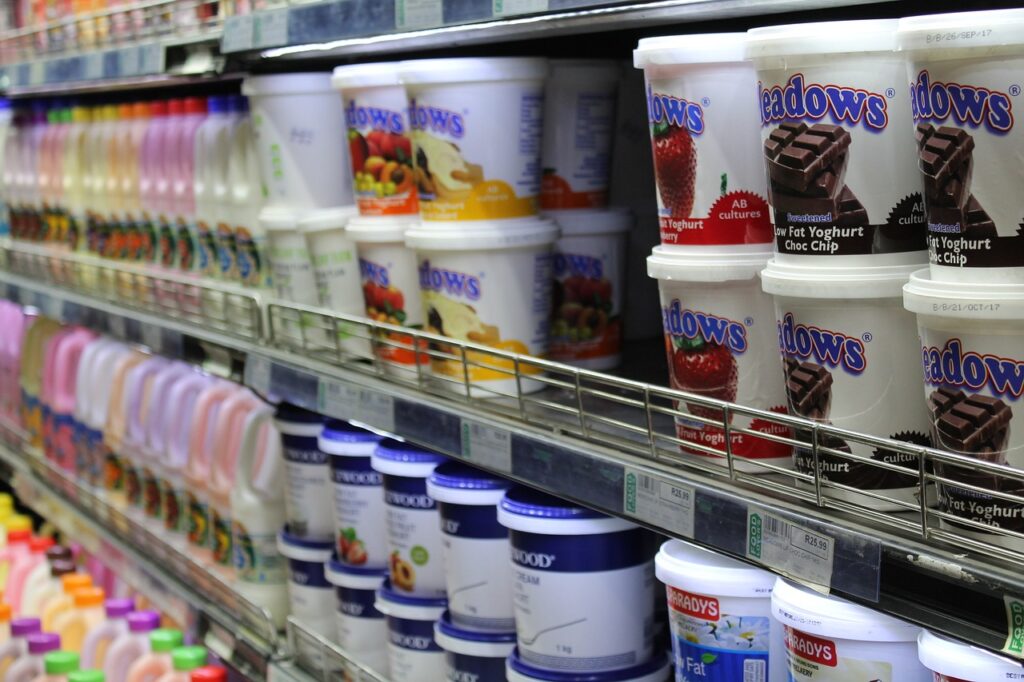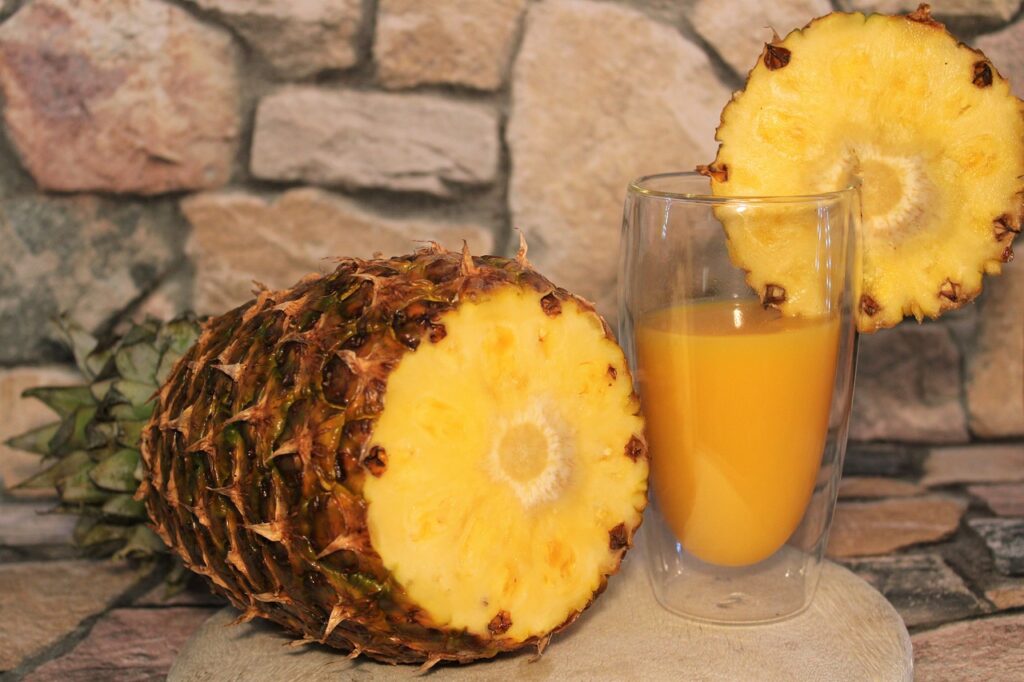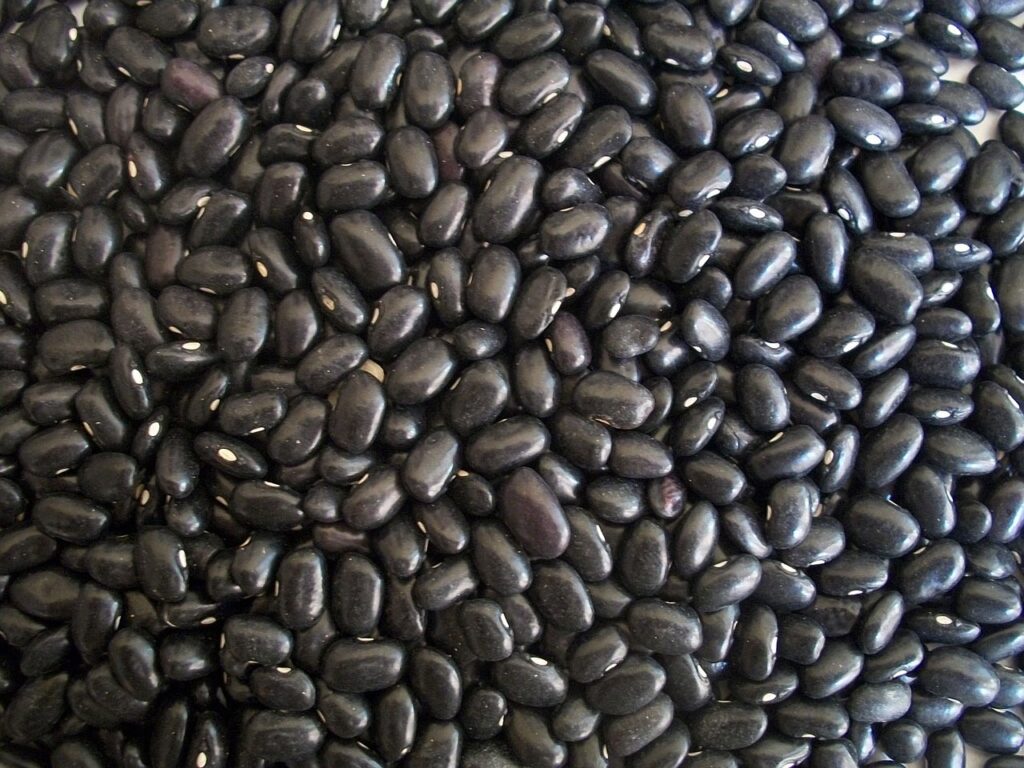Did you know that following a dairy-free keto diet doesn't mean you have to give up on enjoying sweet treats? There are actually several sugar substitutes that you can use to satisfy your cravings while staying on track with your dietary goals.
From sugar alcohols like erythritol and xylitol to plant-based sweeteners such as monk fruit and stevia, there are options to suit your taste preferences. But which one is the best for your keto journey?
Well, you'll have to keep reading to find out!
Erythritol – A Sugar Alcohol Substitute

Erythritol is an excellent sugar alcohol substitute for those following a dairy-free keto diet. It's a natural sweetener that can be used as a substitute for sugar in various recipes. Erythritol is 70% as sweet as sugar, making it a suitable replacement for those who are looking to reduce their sugar intake. It's also keto-friendly, as it has zero grams of net carbs and a glycemic index of 0. This means that erythritol doesn't raise blood glucose levels, making it a suitable option for those following a low-carb diet.
One of the benefits of erythritol is that it has no calories and no carbs, making it an ideal sugar substitute for those who are watching their calorie intake. Additionally, erythritol has been found to have antioxidant properties, which means it can help remove free radicals from the body. It also has the ability to reduce the absorption of fructose, which is beneficial for those who are trying to limit their fructose intake.
Compared to other sugar alcohols like xylitol, erythritol is a better option for a dairy-free keto diet. Xylitol, while keto-friendly, can slightly spike blood glucose and insulin levels. However, it measures 1:1 like sugar in terms of sweetness and can help prevent tooth decay. On the other hand, other sugar alcohols like maltitol and sorbitol should be avoided due to their effects on blood sugar and digestive issues.
Xylitol – Another Sugar Alcohol Option
If you're looking for another sugar alcohol option that's suitable for a dairy-free keto diet, consider xylitol. Xylitol is a sugar alcohol made from corn or birch and has a glycemic index of 7. It measures 1:1 like sugar in terms of sweetness and can even help prevent tooth decay. Xylitol is keto-friendly but it's important to note that it can slightly spike blood glucose and insulin levels. However, it's still considered suitable as a low-carb sugar substitute and can be used in small amounts on a keto diet.
When compared to other sugar alcohols like maltitol and sorbitol, xylitol stands out as a better choice for those following a dairy-free keto diet. Maltitol and sorbitol have a higher glycemic index and can cause digestive issues and fluctuations in blood sugar levels. Xylitol, on the other hand, has a lower glycemic index and is generally well-tolerated.
While xylitol is a viable option for a dairy-free keto diet, it's worth noting that there are other sugar substitute options available. Monk Fruit and stevia, for example, are natural sweeteners that are suitable for low carb diets. Artificial sweeteners, like those found in the sugar alcohol category, should be used in moderation and according to individual preferences and needs. Ultimately, finding the right sugar substitute for your dairy-free keto diet may require some experimentation and personal preference.
Monk Fruit – A Plant-Based Sweetener

Monk fruit, a plant-based sweetener, offers a concentrated sweetness without the bitter taste that pure monk fruit extract can sometimes have. Here's why it's a great option for those following a dairy-free keto diet:
- Keto-friendly: Monk fruit has a glycemic index of 0, meaning it doesn't raise blood sugar levels. This makes it a suitable sweetener for those on a low-sugar or keto diet.
- Natural alternative: Unlike artificial sweeteners, monk fruit is a natural alternative to sugar. It's derived from the extract of the monk fruit, a small melon-like fruit native to Southeast Asia.
- Versatile: Monk fruit sweetener is available in various forms, including granulated, powdered, and liquid. It can be used in a variety of recipes, such as beverages, baked goods, and desserts.
- No aftertaste: Some sweeteners can leave an unpleasant aftertaste, but monk fruit is known for its clean and mild flavor profile. It provides sweetness without any lingering bitterness.
When choosing monk fruit sweeteners, look for brands that blend monk fruit with other sweeteners like erythritol or allulose. This helps to balance the sweetness and improve its usability in cooking and baking.
Enjoy the natural sweetness of monk fruit while maintaining a dairy-free keto lifestyle.
Stevia – A Natural Sugar Substitute
Stevia, a natural sugar substitute known for its concentrated sweetness, offers a keto-friendly option for those seeking a dairy-free alternative. Extracted from the Stevia rebaudiana plant, stevia is a natural sweetener option that can be used in place of refined sugar. Unlike white sugar or cane sugar, stevia has a glycemic index of 0, meaning it has little to no impact on blood sugar levels. This makes it a suitable choice for individuals following a low sugar or keto diet.
Stevia is available in both liquid and powdered form, and it can be used in various recipes to satisfy your sweet tooth. However, it's important to note that not all stevia products are created equal. Some brands may blend stevia with other sweeteners like erythritol or allulose to improve the taste and minimize any potential aftertaste. When using stevia, it's essential to consider its potential effects on blood glucose and insulin levels, as everyone's response may vary.
While stevia is generally considered safe, some individuals may experience reported side effects such as a cooling sensation or an aftertaste. Additionally, individuals with insulin resistance or those trying to achieve weight loss should be cautious about using stevia or any other sweetener option. It's always best to consult with a healthcare professional or registered dietitian before making any significant changes to your diet.
Allulose – The Best Sugar Substitute for Keto

Allulose, a non-glycemic sweetener, is the ideal sugar substitute for a dairy-free keto diet due to its low impact on blood sugar levels and virtually no calories or net carbs. Here are some reasons why allulose is the best sugar substitute for keto:
- Blood sugar impact: Allulose doesn't raise blood sugar or increase blood sugar levels, making it a safe option for those following a keto diet. Unlike table sugar or high glycemic sweeteners, allulose has little to no effect on blood glucose.
- Virtually no calories: Allulose contains virtually no calories or net carbs, making it a great choice for those looking to reduce their calorie intake or maintain a low-carb diet.
- Sweetness without the guilt: Allulose is about 70% as sweet as sugar, so you can enjoy the sweetness without worrying about the calories or carbs. It can be used in a variety of keto recipes, such as baking or cooking, to add a touch of sweetness.
- Dental health benefits: Unlike sugar, allulose doesn't contribute to dental plaque or cavities. In fact, studies have shown that allulose may help prevent cavities and reduce cravings for sweet foods.
When choosing a sugar substitute for your dairy-free keto diet, consider using allulose. It provides sweetness without the impact on blood sugar, calories, or carbs, making it an excellent choice for your keto meals and treats. Just remember to check the ingredients of products and opt for allulose or other keto-friendly sweeteners like stevia or erythritol.
Date and Coconut Sugar – Granulated Alternatives
For those looking for a granulated sugar alternative on a dairy-free keto diet, date and coconut sugar are excellent options. Made from dates and coconuts, these natural sweeteners can be used as a 1:1 replacement for regular sugar in recipes. Date and coconut sugar have a distinct flavor profile that adds a hint of caramel and tropical notes to dishes.
One of the key advantages of date and coconut sugar is their lower glycemic index compared to regular sugar. This means that they've a smaller impact on blood sugar levels, making them a healthier option for managing glucose levels. This is especially important for individuals on a keto diet who aim to reduce their daily carbohydrate intake.
Another benefit of date and coconut sugar is that they're natural and unrefined sweeteners. Unlike artificial sweeteners such as sucralose or corn syrup, date and coconut sugar are derived from natural sources like dates and coconuts. This can be beneficial for those who prefer to consume sweeteners that are less processed.
Conclusion
In conclusion, when following a dairy-free keto diet, there are several sugar substitutes available to satisfy your sweet tooth. From erythritol and xylitol to monk fruit and stevia, there are options for every taste.
Allulose stands out as the best sugar substitute for keto, while date and coconut sugar offer granulated alternatives. Remember to consider the glycemic index and potential side effects when choosing a substitute, and be mindful of hidden sugars.
So go ahead, enjoy your keto-friendly treats without compromising your dietary goals.







